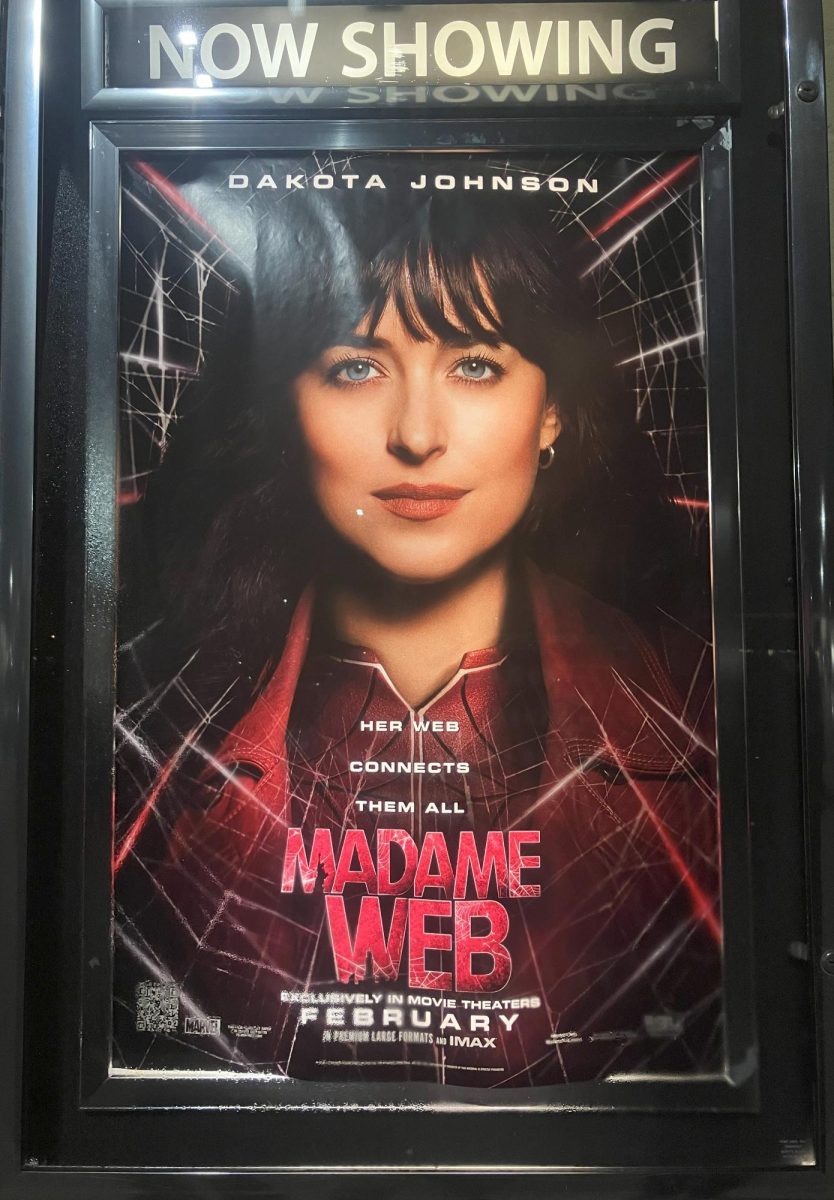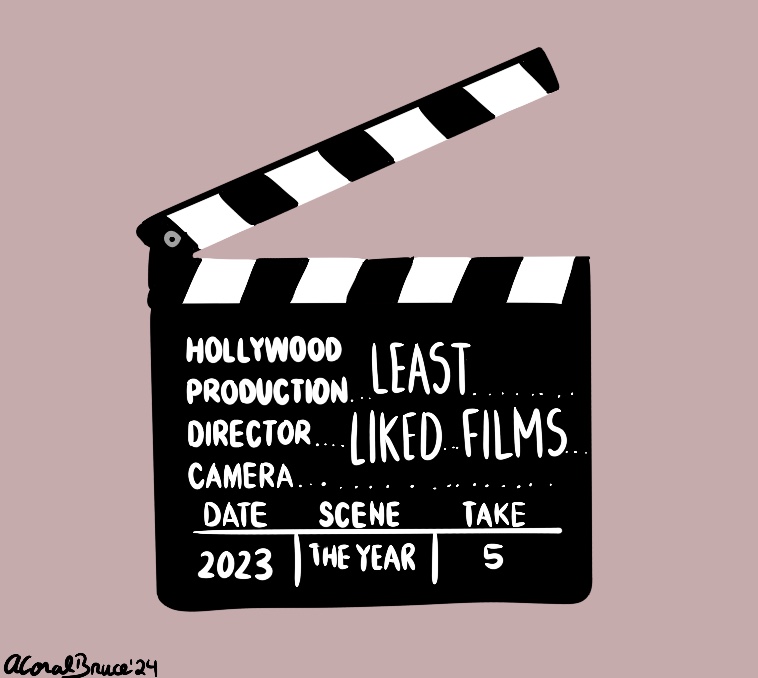Chelsea Langevin
Have you ever heard of something called selective exposure?
Maybe you are not acquainted with the term, but you are certainly familiar with the idea: seeking information from specific sources that reaffirm your values and belief systems.
We are all guilty of it; but in an age that stresses political correctness and objectivity, no one is eager to admit his or her media-use biases.
With the advent of the Internet, the problem of selective exposure has proliferated. Our generation prefers its user-friendly format and wealth of resources and opinions to stay informed instead of more traditional mediums, which impacts the way we view and think about the world.
When you’re reading a newspaper and a headline catches your eye, you unconsciously begin to read it—exposing yourself to its information against your will because reading is a physiological response that cannot be stopped. From there, it’s up to you to continue reading, but at least you were introduced to reading something you may not otherwise have chosen to.
Now consider reading the same newspaper online. When you see the same headline in a link, you are not immediately exposed to the story. As your mouse glides to the link, you may decide you aren’t interested after all, and that’s that.
Unfortunately newspapers are approaching extinction at a rapid rate, and it is easier to use their online versions to get information, which allows us to selectively expose ourselves to what we desire to read.
Skeptics would say that is an extreme, overly analytical example, but consider television. The concept of broadcasting, or sending messages from one to many, is now accompanied by narrowcasting, or designing messages for niche groups. Cable television is a primary example of narrowcasting, appealing to golfers with The Golf Channel and women with The Oxygen Channel.
Throughout the years, television channels and networks have facilitated selective exposure by adhering to specific ideologies and beliefs. Think about it: Why do you watch Fox News instead of CNN? Or why do you choose “The View” instead of “The Today Show?”
I’m not saying that one choice is better than the other; however, it is important to be aware of the way we inform ourselves rather than accepting our sources’ information as truth. It is too easy for us to tailor our sources to reinforce our values and beliefs with the specialized media of today.
College is a time when we establish our lifelong beliefs and learn to think critically about the world around us. How can we know what we believe without knowing what we don’t believe?
I challenge you to break your media-use habits and seek information from sources you have never considered before. Let these stories and different worldviews anger you, and try to understand the other side of the issue. Opinions are only as strong as the credible information that supports them.






